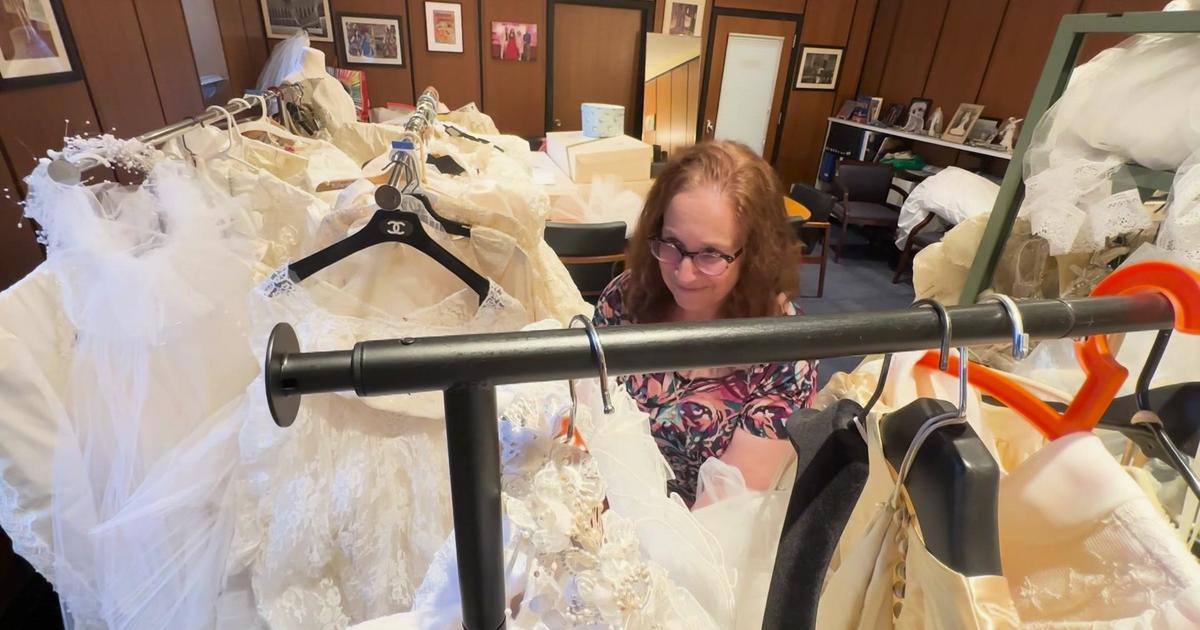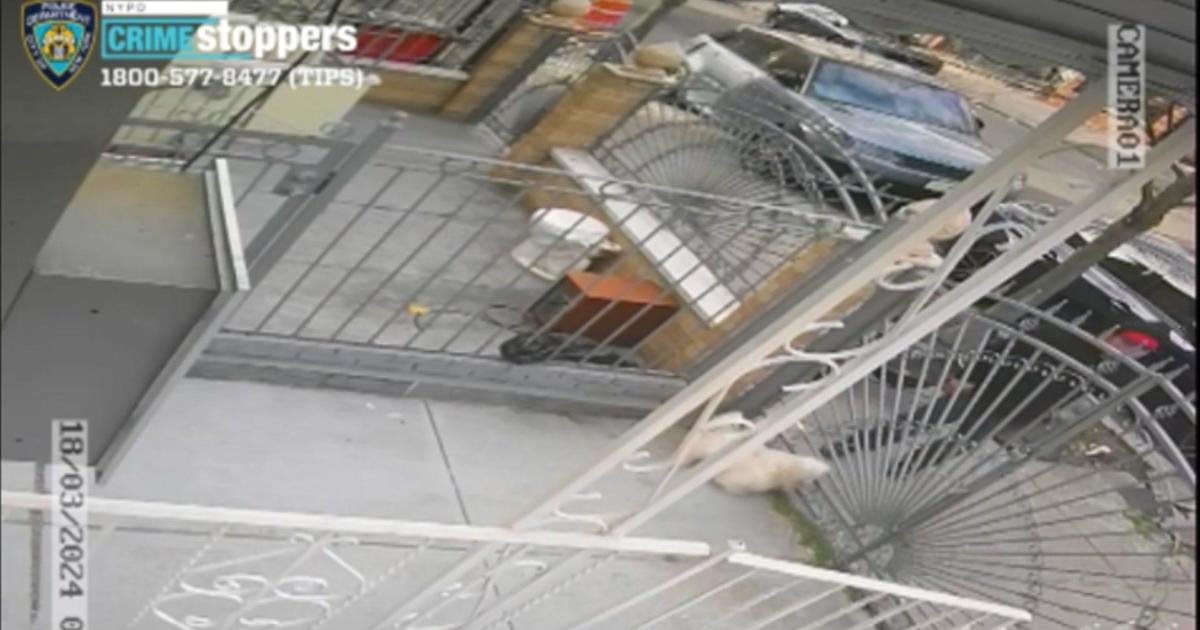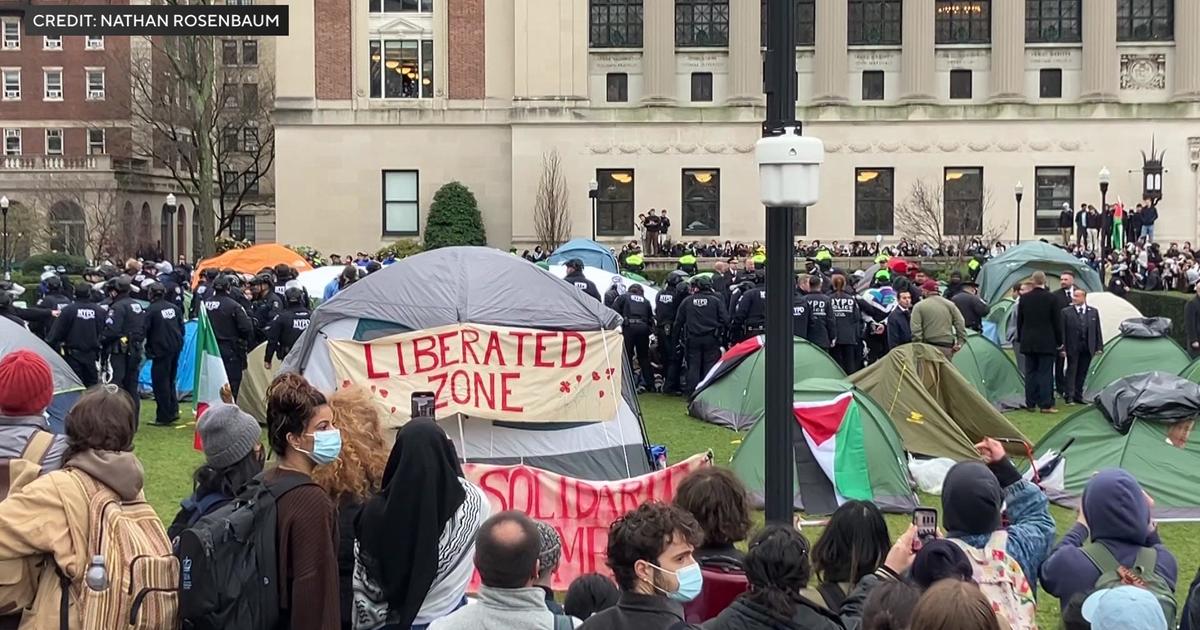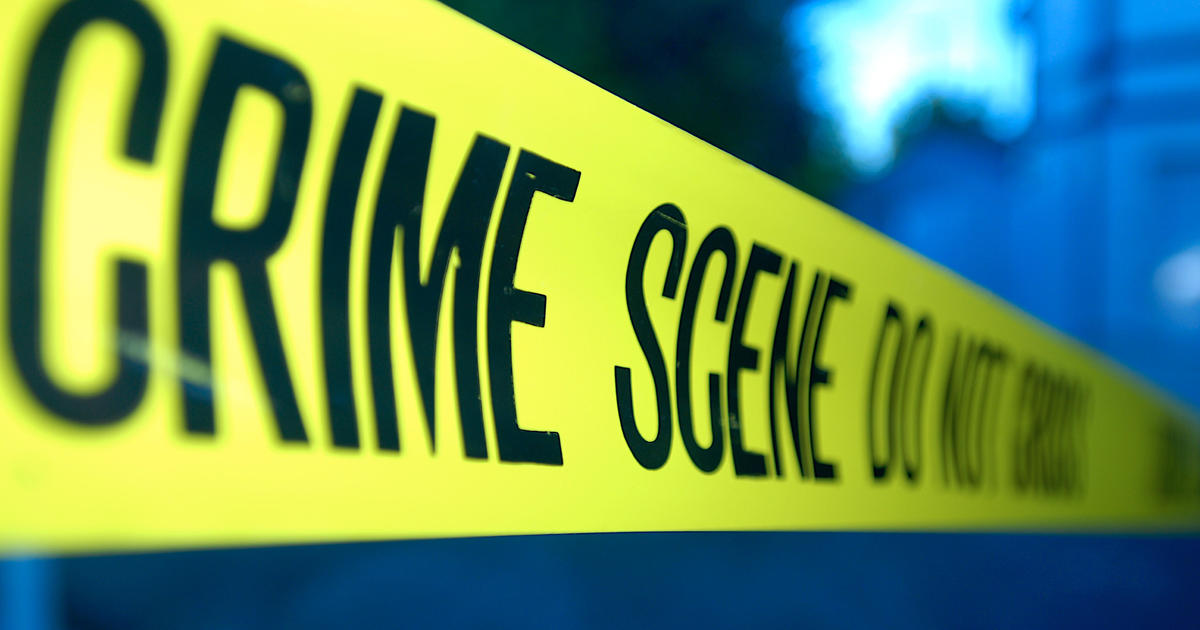Lawyers: NYPD Body Camera Policy 'Flawed,' Needs Federal Review
NEW YORK (CBSNewYork/AP) — The NYPD is ready to roll on a large-scale test of body-worn cameras for police officers.
But as CBS2's Tony Aiello reported, some of the groups that pushed for the cameras are saying, "not so fast."
News cameras were rolling more than two years ago as the NYPD showed off body-worn cameras that record interactions with the public.
Now, the city is ready for a large-scale test, giving the body cams to 1,200 officers who must follow extensive guidelines approved by court-ordered monitor Peter Zimorth.
But now, some community leaders say the policy is flawed and should be reviewed by a federal judge, lawyers.
Attorneys for a class-action lawsuit said in court papers the new policy for the cameras should require that more encounters with police and the public be recorded.
"We can do body cameras right, but this proposal certainly is not that," said attorney David Rankin.
The groups are convince that the rules approved by the monitor are too pro-police. For instance, officers would not be required to record low-level interactions with the public.
"We need a policy that is going to mandate that the typical day-to-day encounters that quickly escalate from a stop to an arrest are going to be recorded," said Lurie Daniel Favors of the Center for Law and Social Justice.
The policy would also allow officers to review their body cam video when writing up reports – which makes sense to make New Yorkers.
"It's more of the truth of what happened (if they review the video)," said Mikhael Villagas of the East Village.
But some advocates said that is not enough.
"If they have an opportunity to review all of this prior to writing the reports, they can structure their reports so it is not contradicted by the evidence on the camera," Rankin said.
In the meantime, unions representing certain NYPD supervisors are also objecting to the body camera rules, but for very different reasons.
They claim the body cams will generate an excess of video and create additional work for supervisors. The city has to negotiate with the unions as part of the collective bargaining process, just as the Patrolmen's Benevolent Union did in January.
The body camera pilot program was ordered by a judge following a 2013 ruling that officers were wrongly targeting black and Hispanic men with its stop-and-frisk program. At the time, few police departments used body cameras.
Their use has since exploded around the country following a string of killings of unarmed blacks by police and the ambush killings of officers in New York City, Dallas and Baton Rouge, Louisiana. Both officers and citizens have said cameras could help de-escalate situations that lead to violence.
Police are set to deploy the first of 5,000 cameras at the end of the month.
City officials defended the policy and said it would respond to the legal challenge.
"The NYPD's body worn camera procedures — which were approved by the federal monitor — were shaped by the input of New Yorkers, police officers, civil rights advocates and law enforcement from around the country," spokesman Austin Finan said. "The deployment of body cameras will usher in a new day of policing in New York City that will further bolster the atmosphere of transparency and accountability that has grown in recent years, helping us continue to keep New York City the safest big city in the country."
The pilot program now lands in the lap of U.S. District Judge Annalisa Torres. She will decide whether the camera test may proceed, or whether it must be delayed while the objections are addressed.
The city's timeline calls for a one-year test, and then for all of the 20,000 NYPD patrol officers wearing body cams by 2019.
(© Copyright 2017 CBS Broadcasting Inc. All Rights Reserved. The Associated Press contributed to this report.)



